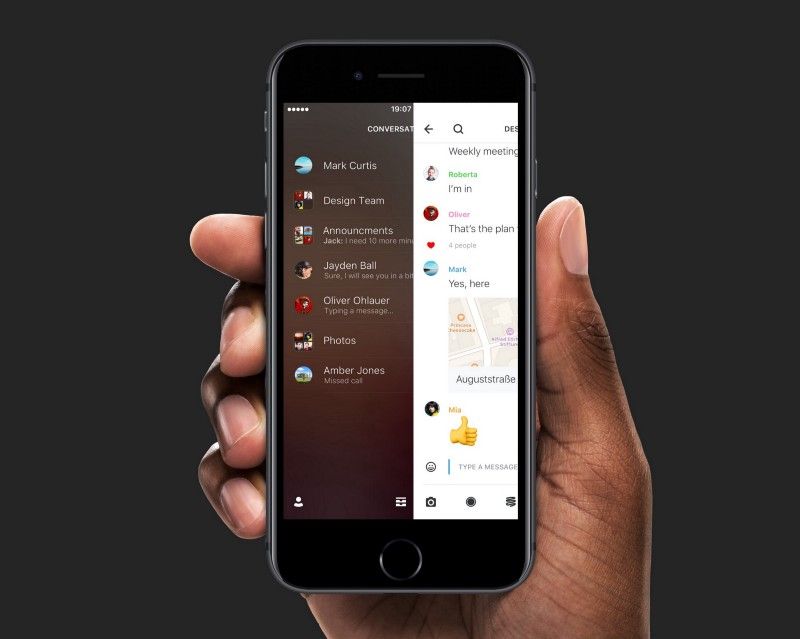


Most likely, you’re using a messaging that belongs to Facebook without knowing it.
This is the case for Messenger (created by Facebook) or WhatsApp (bought by Facebook in 2014) which are the most used messengers to communicate with loved ones. But these services store your data on servers abroad and are subject to the Patriot Act, which also means that they do not guarantee respect for your privacy.
However, there are easy-to-use alternatives that do not read your messages and ensure the security of your data. Let’s discover them together.
Telegram
Created in 2013 by brothers Nikolai and Pavel Durov (also founder of VKontakte, the social network in vogue in Russia), Telegram integrates end-to-end encryption, which makes it impossible for a third party to read messages. The problem, which its detractors will point out, is that it is not enabled by default. It must be activated from the menu and launch a “secret chat”, the latter will leave no trace on the company’s servers and offers an option to self-destruct messages. Without this option, messages are still encrypted but pass through Telegram’s servers.
Just like regular messengers, Telegram allows you to send photos, videos, voice messages, and even files. The app is free and available on iOS, Android, Mac OS, Windows, and Linux.
Note that Qwant hosts a conversation on Telegram that you can join here: t.me/ClubQwant.

Like Telegram, Signal is a messaging system that allows you to communicate encrypted. The difference this time is that all communications between users of the application are automatically encrypted end-to-end and encryption keys are stored by Signal users. The great news is that it is now possible to start a conversation on your smartphone and end it on your computer and vice versa. The developers of Signal have developed an application for PC and Mac that is paired with the phone to enjoy end-to-end.
The service also offers a mode of self-destruction of messages. Moreover, Signal can be used as the default messaging on Android.
When it comes to funding, the company behind Signal, Open Whisper Systems, is paid through donations, not advertising. Edward Snowden had recommended using Signal to combat state surveillance. Signal is available on all platforms, desktop and mobile.

Launched in 2014, Wire is a messaging service similar to Telegram and Signal. It is thus possible to send photos, videos, audio messages… All this encrypted end-to-end.
The advantage of the service is that it is accessible directly from a browser and the audio quality of calls is better than that of other services.
It should also be noted that the servers are located in Europe and are therefore not subject to US laws.

To protect your privacy, try the Qwant search engine that does not collect your personal data.
For more tips on protecting your privacy, follow Qwant on its social networks (Facebook, Twitter, Linkedin) and join the Qwant Club on Telegram to exchange with our community.